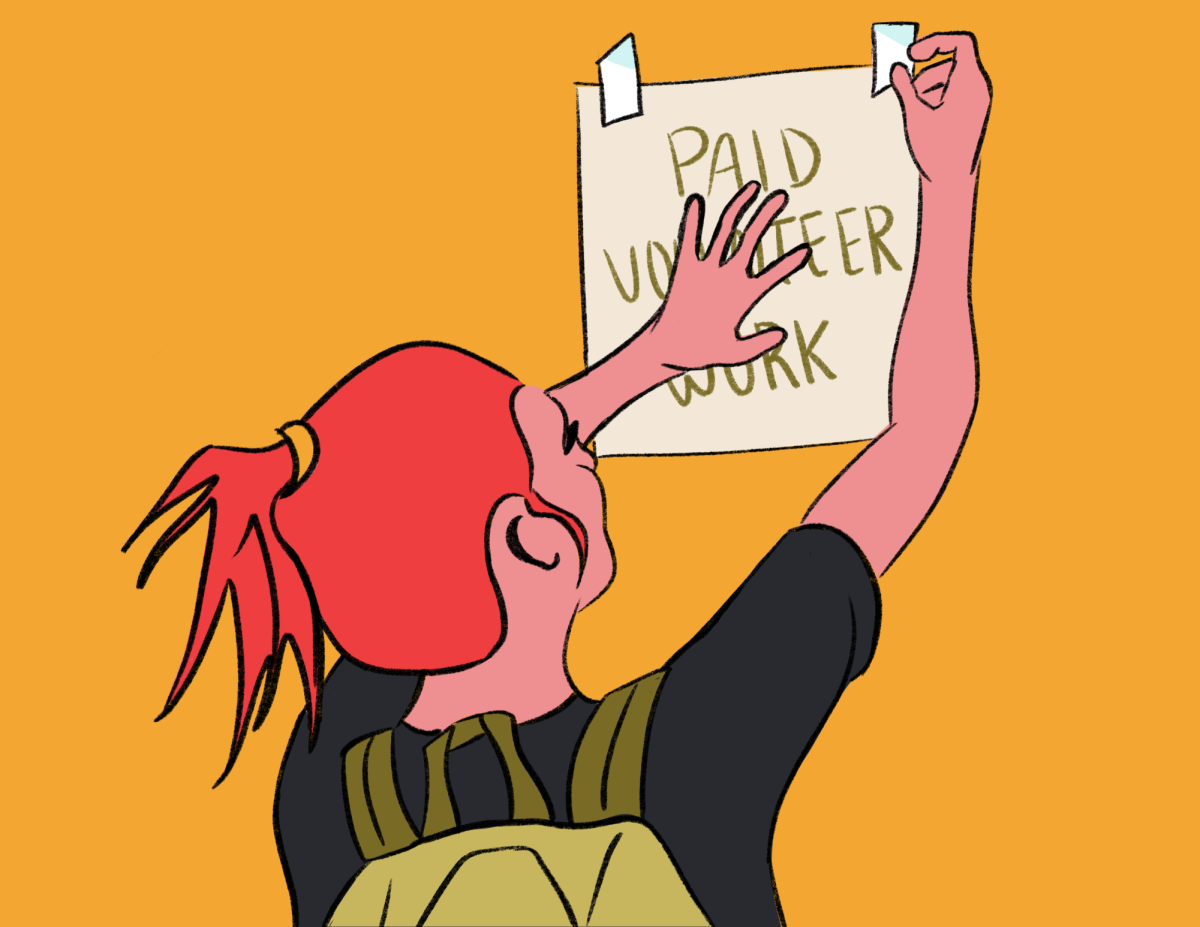Editor’s Note — This is the first in a series of articles this week that focuses on the effects the potential higher education budget cuts would have on the U.
The Utah State Board of Regents held an emergency meeting Friday to send a clear message to lawmakers and the public regarding the escalating crisis in funding for higher education: Further cuts will push the system to the breaking point.
A panel of university presidents appeared before the board to survey the damage from last year’s 9-percent cut, detailing the strain that record enrollment and diminishing funds have placed on their respective institutions. Faced with the prospect of an additional 17-percent cut next year, the presidents pressed the need to consider all available options to prevent more painful belt-tightening, including reinstating the food tax and diverting funds from state construction projects.
In the Board of Regents’ policy statement, 940 employees have already been eliminated statewide, including scores of faculty. Course offerings and availability have shrunk, imposing a “soft cap” on enrollment as many students are unable to get into the classes they need and drop out of school altogether.
“I’ve been looking at the course offerings and right now, there’s no way that I’d be able to graduate in three semesters doing a poli-sci major and an environmental studies major,” said Sarah Day, the Associated Students of the University of Utah government relations director.
Day joined peers from Dixie State College and Utah Valley University who also offered personal accounts of how the cuts have narrowed their degree options and complicated their plans for graduation.
“Enrollment caps may become a reality,” said Cynthia Bioteau, president of Salt Lake Community College. “They are a harsh reality not only to higher education but to the economic recovery of the state.”
Caps put in place in California, which has a budget crisis far surpassing Utah’s, have forced the state’s public universities to turn away some 40,000 students, according to the Los Angeles Times. But with Utah universities’ per-student spending already poised to drop below $6,500 from more than $8,000 last year and a further decrease expected with high enrollment, a similarly drastic measure could be in store, according to the Total State Tax Funds for Full-Time Students chart released by the Regents.
However, enrollment caps were not among the solutions proposed by the Regents’ policy statement prepared for Utah lawmakers and Gov. Gary Herbert. Instead, the board favors the reinstatement of Utah’s food tax, use of the state’s Rainy Day Fund and diverting funds from other projects, such as highway construction, to prop up higher education. During the last legislative session, stimulus money reduced the higher education cuts from 17 percent to 9 percent8212;but this spring, that buffer is gone and without a new one in its place, universities have to deal with the full cut.
“Let’s not kid ourselves, we have a fundamental business model flaw today, you’ve heard from the presidents,” said Mark Bouchard, chair of the Salt Lake Chamber Education Task Force. “You cannot increase demand and decrease funding without compromising the quality of service, and more importantly, the standards.”
Bouchard and his task force have staked the firm position that no further cuts to higher education will be tolerated and that funding stabilization is integral to Utah’s future economic health. The Regents fear the steady decline in the number of adults with a bachelor’s degree will harm the local economy by depriving it of a steady stream of employment in the professional workforce.
He said the business community has expressed support for the task force’s stance and would even support tax increases to address the problem. Regent Brent Brown drew a comparison between the challenges facing higher education and those confronting businesses. In either case, traditionally sanctified programs such as retirement plans or initiatives must be considered for cuts in order to survive in such fiscally dire straights, he said.
Regent Katherine Garff said that, in the past, education has frequently been placed on the chopping block because of the widespread misconception that there is always more room for cuts.
“Of course we can cut more, but then programs suffer, everything suffers,” she said.
Worse still, said Regent Vice Chairwoman Bonnie Beesley, the funding woes are likely to worsen the minority achievement gap, which is already larger in Utah than in any other state.
For all the stark talk of impending doom for the system of higher education, Regents Commissioner William Sederburg said he was encouraged by his talks with Herbert and expressed confidence that the worst scenarios will be averted.
“I’m cautiously optimistic about the future,” he said.
 Thien Sok/The Daily Utah Chronicle
Thien Sok/The Daily Utah ChronicleSarah Day, from ASUU cabinet government relations, speaks to the Board of Regents in an emergency meeting expressing concerns about student funding projects for the near future. The meeting was held because higher education is facing the possibility of 17-percent budget cut next year.










